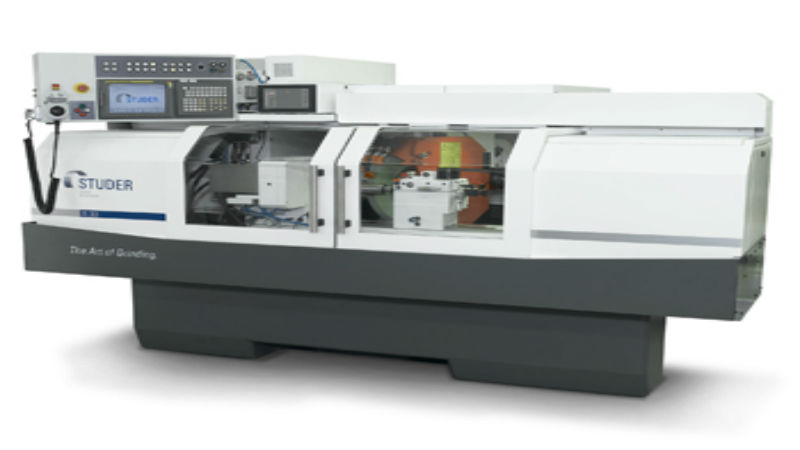ID grinding, or internal diameter grinding, is a precision grinding process that helps refine the inner surface of cylindrical objects. It’s an essential solution for a variety of industries. Here’s a closer look.
The Basics of Internal Diameter Grinding
ID grinding involves using a rotating grinding wheel to remove material from the inside diameter of a cylindrical workpiece.
The object is typically held with a chuck and rotated as the grinding wheel moves along the inner surface. This is often ideal for creating precise, round holes with high surface quality.
Common Applications
CNC grinding services may include the use of internal diameter grinding for a variety of applications. It’s often used in aerospace, automotive, and manufacturing.
This form of grinding is typically employed to finish parts like bearings, gears, and hydraulic components. Any application requiring precise inner diameters can benefit from this process.
Precision and Accuracy
One of the main advantages of this process is precision. It can achieve tolerances as tight as a few microns and offers a superior surface finish quality. The process can produce surfaces with very low roughness. This can enhance the performance and longevity of parts.
A high level of accuracy is important for parts that must fit together perfectly. It also ensures the smooth operation of mechanical systems, reducing wear and tear.
Types of Grinding Wheels
Several types of grinding wheels can be used for ID grinding, including vitrified, resin, and metal-bonded wheels. The choice of the wheel depends on the material being ground and the desired finish.
The bottom line is that internal diameter grinding is a vital process for achieving precise, smooth inner diameters.

